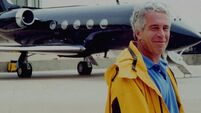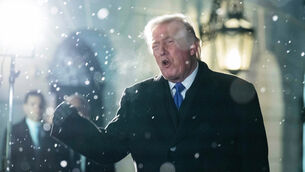Cuba to liberalise taxi trade
Cubans with classic American cars – or even rusty Russian sedans – are being encouraged to apply for taxi licences and set their own prices for the first time in nearly a decade as the communist government turns to the free market to improve its woeful transport system.
Under regulations published this week, Cuba is applying a larger dose of supply-and-demand to an economy that remains 90% under state control.














